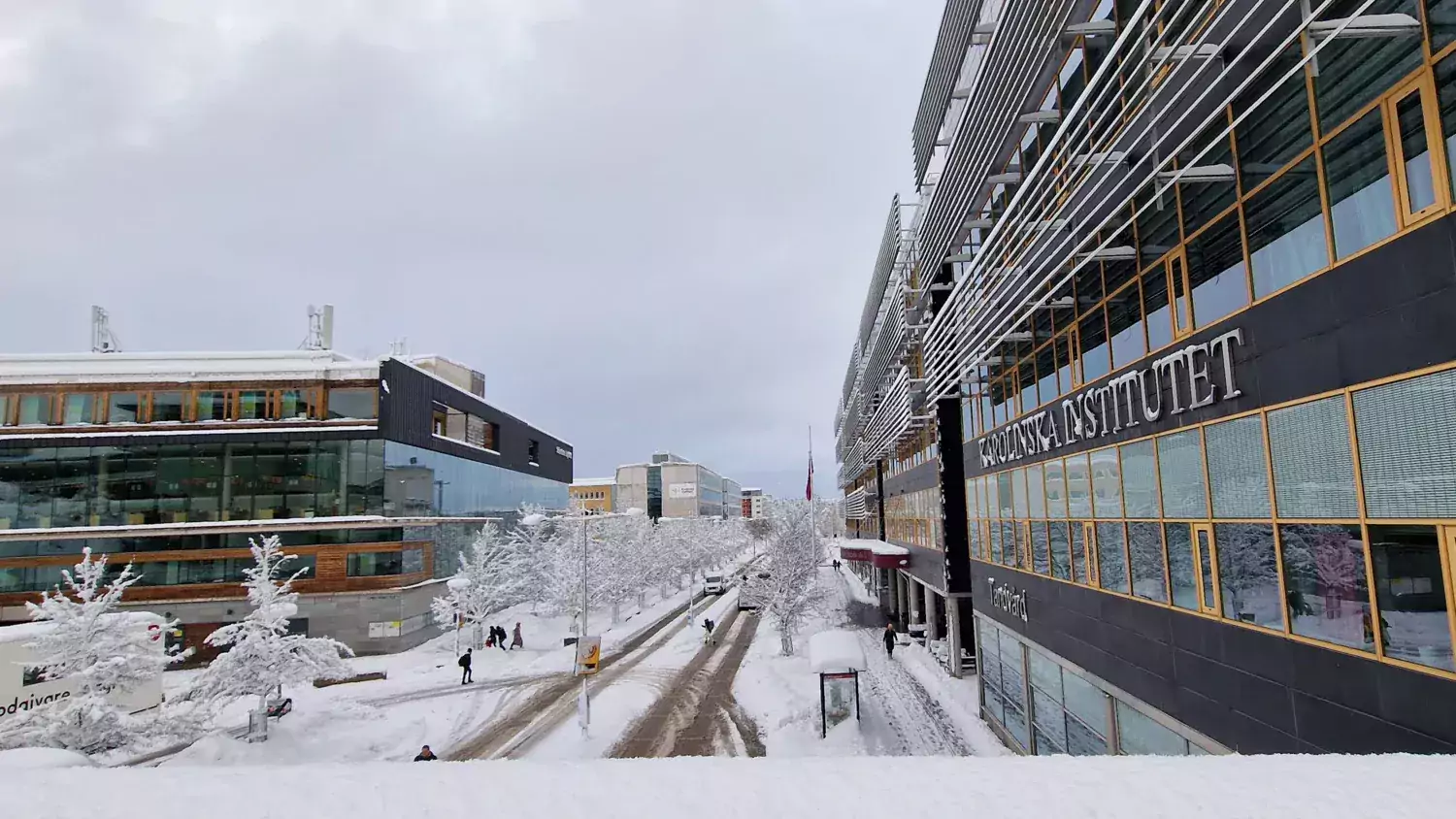
Research Project
Mechanisms of Tissue Remodeling in Inflammation and Cancer
A fundamental principle of multi-cellular organisms is the ability of cells to interact and communicate. Tubular organs are lined by epithelial and endothelial cells that form selective barriers allowing the formation of different tissue compartments. This function is dependent on the ability of cells to polarize and establish specialized intercellular junctions that regulate flux of ions, solutes and cells across the barrier. The assembly and disassembly of these junctions is tightly regulated during development and in normal physiology, but is disturbed in pathological conditions of tissue remodeling, such as in chronic inflammation and cancer. We use a combination of in vitro studies and mouse models of chronic airway inflammation and cancer to study the role of specific growth factors and cytokines in mediating tissue remodeling and junction reorganization in endothelial and epithelial cell layers.
A major research theme in the lab is remodeling of blood and lymphatic vessels. While VEGF is a major angiogenic factor, less is known about the mechanisms that drive other types of vascular remodeling including phenotypic switches of endothelial cells leading to excessive infiltration of inflammatory cells. We are particularly interested in the role of angiopoietins and the Tie2 signaling pathway in modulating the inflammatory response by acting on blood and lymphatic vessels.
Another theme is the role of epithelial-mesenchymal transition (EMT) in tumor cell invasion and epithelial remodeling in chronic inflammation. EMT is characterized by loss of cell-cell adhesion and polarity accompanied by cytoskeletal rearrangements and increased cell motility. TGF-b is a major inducer of EMT but the molecular mechanisms involved are not clear. We are interested in transcriptional regulation of target genes downstream of the TGF-b/Smad signaling pathway.

